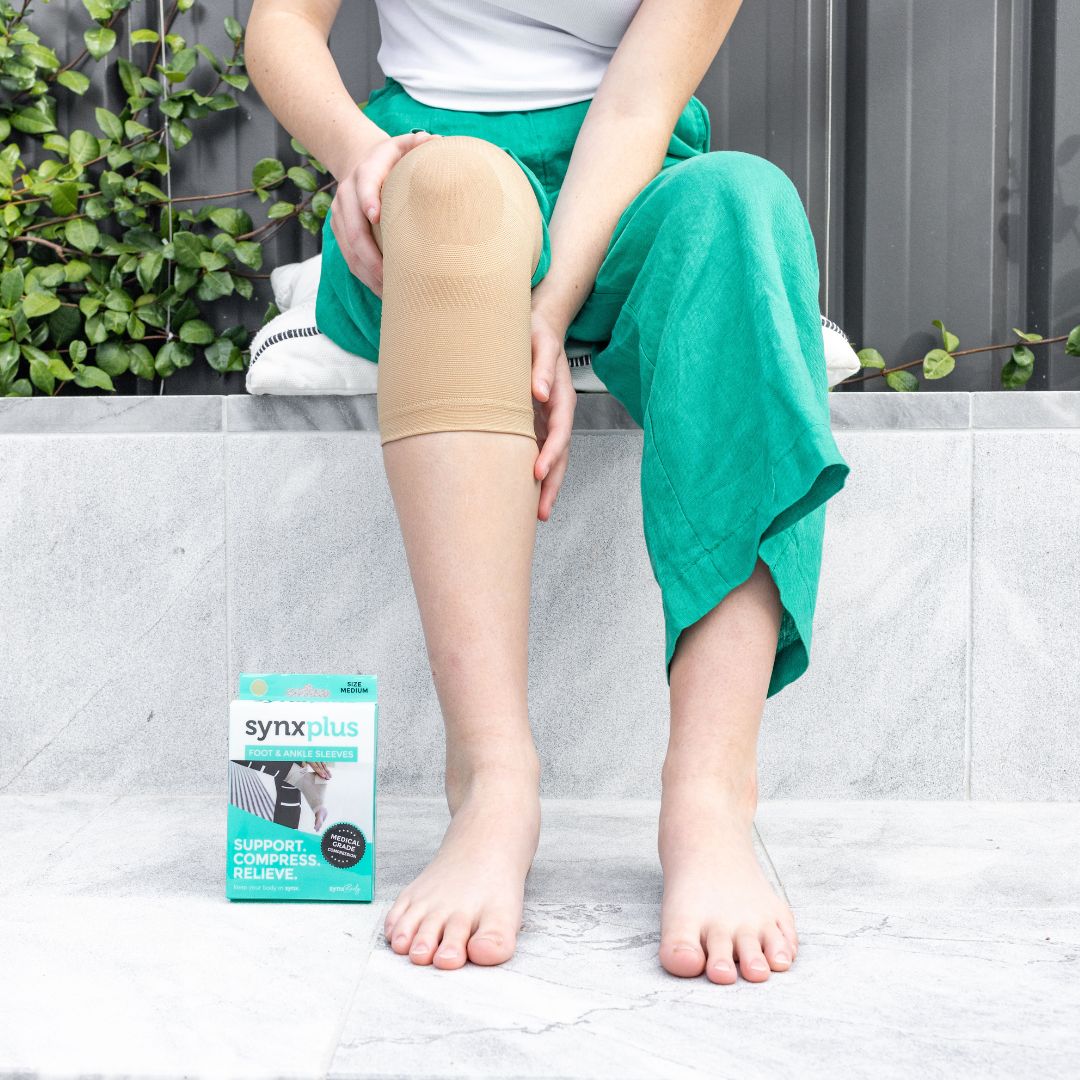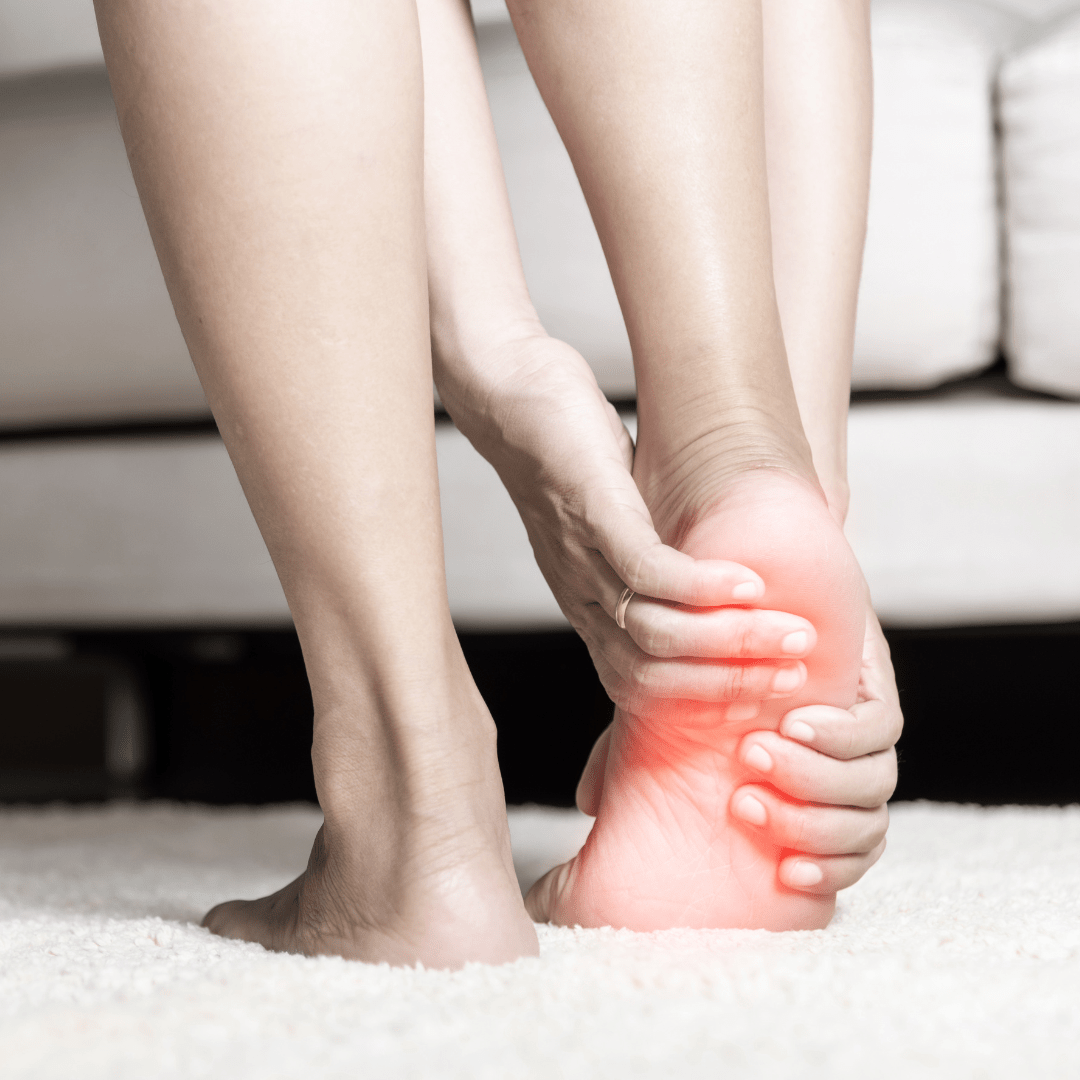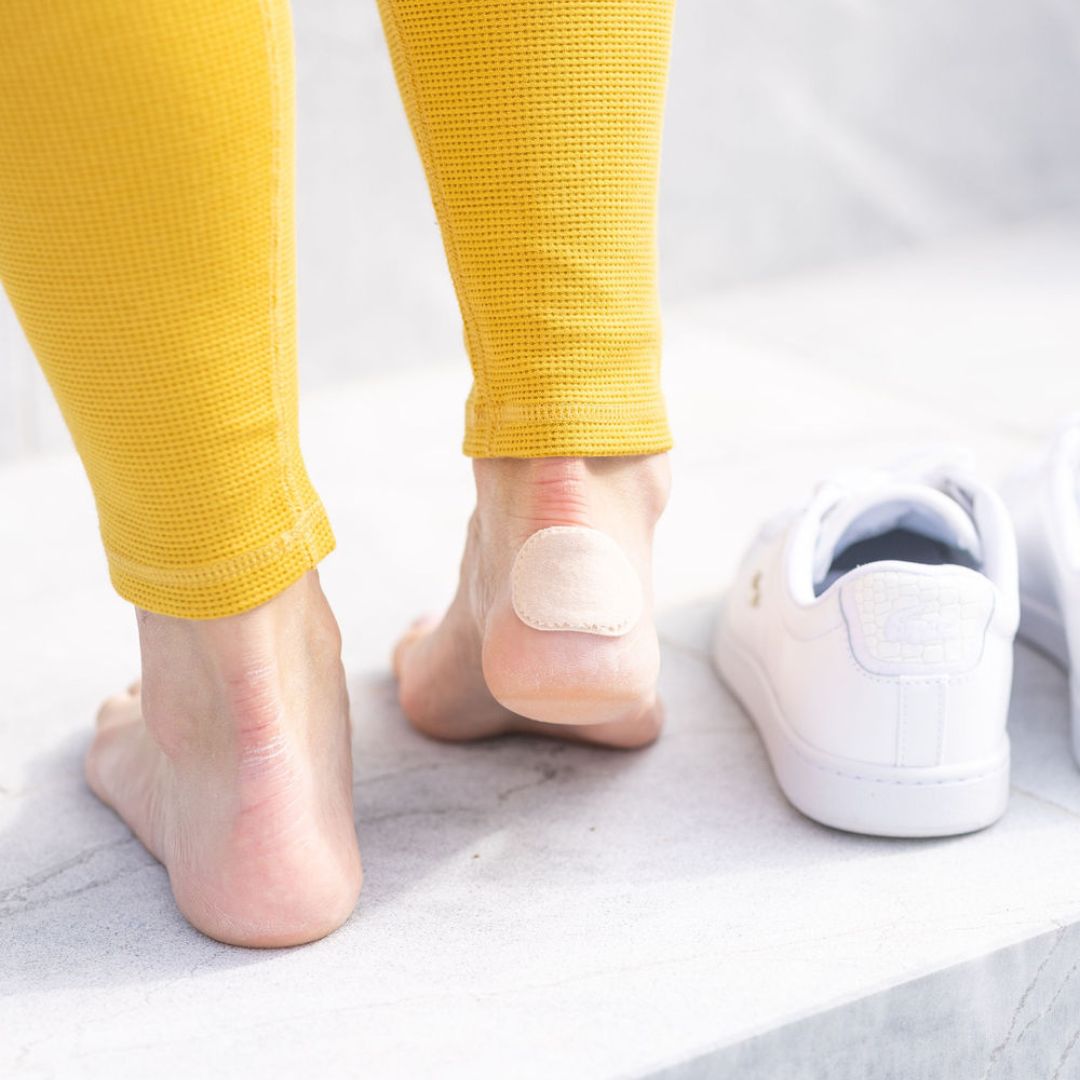
Taking steps to look after your own health is always a positive thing. Our body and mind deserve to be looked after.
Every part of our body - from the tips of our toes to the tops of our heads - can benefit from a strong immune system. Our immune systems can be a key player in many podiatry concerns, with an impaired immune system exacerbating some conditions.
Not only can a strong immune system help prevent some illnesses and diseases, but it can also help us feel more energised, whilst helping us recover quicker from any major illness or surgery that does come our way.
So as part of a complete health strategy, we need to ensure we have the power to boost immunity and be as healthy as we can be.
But because - let’s face it - life can get busy, so it’s easy to see how our immune systems can be compromised.
Between all our usual work commitments, and general life commitments there can be added stressors on our vital immune system.
What role our immune systems play
Our immune systems are amazing! It is a beautiful system that is always looking to protect your body from harmful substances, germs and cell changes that could make you ill. It is made up of various organs, cells, and proteins.
Most of the time, it is not even noticeable – until it is! If our immune system stops working properly, we are left more vulnerable to illness.
The main tasks of the immune system are:
- to fight disease-causing germs (pathogens) like bacteria, viruses, parasites, or fungi
- to recognise and neutralise harmful substances from the environment
- to fight disease-causing changes in the body, such as cancer cells
Essentially, how we treat our immune systems, plays a big part in how it looks after us.
Here are some of the best ways you can help boost your immunity
Thankfully, there are lots of fabulous ways to boost our immune systems and keep ourselves as happy and healthy as possible. Here’s some of our top tips:
1. Get enough Vitamin C
Vitamin C is a wonderfully special vitamin (well, they all are but Vit C is up there!). It helps to fight infections and viruses, whilst keeping your immune system healthy.
Look for foods high in vitamin C such as spinach, kale, broccoli, strawberries, tomatoes just to name a few.
2. Be mindful of your caffeine intake
Those daily cups of coffee might be a joy to behold, but it is a good idea to be aware of how much you are having!
While caffeine can have some health benefits (many studies show that people who drink coffee regularly might have a lower-than-average risk of some diseases and chronic illnesses), it is still a good idea to keep under the 400 milligrams (mg) a day* that is deemed safe in adults.
This equates to roughly the amount of caffeine in four cups of brewed coffee or 10 cans of cola or two "energy shot" drinks. But don’t forget there is also caffeine in chocolate and some over-the-counter headache remedies.
If you think you need to cut back a bit, try these tips:
- Cut back gradually or avoid drinking caffeinated beverages late in the day - this will help your body get used to the lower levels of caffeine and lessen potential withdrawal effects.
- Go decaf - most decaffeinated beverages look and taste much the same as their caffeinated counterparts.
- Shorten the brew time or go herbal.
- Check over-the-counter pain relievers and look for caffeine-free pain relief.
*(Note: Although caffeine use may be safe for adults, it's not a good idea for children. We recommend, women who are pregnant or who are trying to become pregnant and those who are breast-feeding should talk with their doctors about limiting caffeine use to less than 200 mg daily.)
3. Maximise your sleep
Sleep is such an important, yet often underrated element of our health and wellbeing. A good night’s sleep can help rest our brain and restore the body physically – which in turn helps keep the immune system strong, and the heart and blood vessels healthy.
Do you know how much sleep you need? While it is often reported that most adults need about 8 hours of sleep per night, this can vary depending on our activity levels in the day, as well as our age.
Some key tips for a better sleep:
- Stick to regular sleep patterns
- Get rid of phones and computer in your bedroom
- Have a bedtime routine where you relax or meditate prior to going to sleep
- Avoid alcohol, caffeine, and cigarettes in the latter part of the day and evening
- Ask for help if you need it
4. Be mindful of your alcohol intake
Overconsumption of alcohol can heavily impair the body’s ability to absorb nutrients and actually blocks nutrients from feeding the immune system. It can also trigger inflammation in the gut and destroy the microorganisms that actively try to maintain immune system health.
Basically, alcohol can make it harder for the immune system to gear up and defend the body against harmful germs
Not to mention it can impair your quality of sleep which we already know (see point 3!), which in turn can negatively affect our immune systems.
5. Exercise regularly
If you love a sweaty gym workout, good for you! But if the thought of all that gym lycra is too much then don’t worry! Moderate exercise has been shown to boost our immune systems. A brisk walk, bike ride, or even some vigorous cleaning can all have positive health benefits.
How does exercise help? Well, because exercise increases blood and lymph flow as your muscles contract, it also increases the circulation of immune cells.
Exercise can also boost our endorphins and in turn help our mental health, all of which supports our immune system to remain healthy.
6. Disconnect from your phone!
As mentioned in point 3, technology can negatively affect our sleep, as well as cause a rise in stress levels. Numerous studies have found that using your phone before bed is harmful to your overall health.
This is due to the blue light emitted by your phone screen which restrains the production of melatonin, the hormone that controls your sleep-wake cycle (aka circadian rhythm).
So, to combat this, consider charging your phone in another room overnight, and instead get yourself a basic alarm clock if you need to set an alarm for the morning.
7. Look for ways to reduce stress
When we are stressed, we will often have raised cortisol levels, which can weaken the immune system if they stay high for too long.
Therefore, it is a good idea to try and reduce stress levels when we can. This might include:
- Meditation
- Yoga Mudra on Insight Timer app
- Taking time out to do the things you enjoy
- Manage things like sleep, alcohol intake, and exercise
8. Keep a journal
Yes, you can write your way to better health! Journaling has been shown to help us process thoughts, reduce stress, and improve areas of our life that might need some attention.
If journaling helps you to sleep better, and feel less stressed, then go for it as this will help to boost your immune system.






